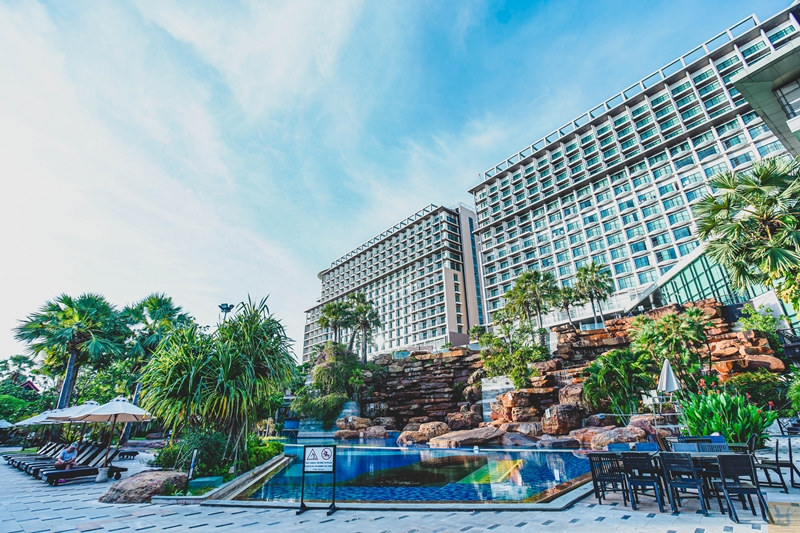Current year
IEECon 2026
Welcome to the central index for all IEECon years — pick a year below or jump straight to this year's website.

Welcome to the central index for all IEECon years — pick a year below or jump straight to this year's website.
